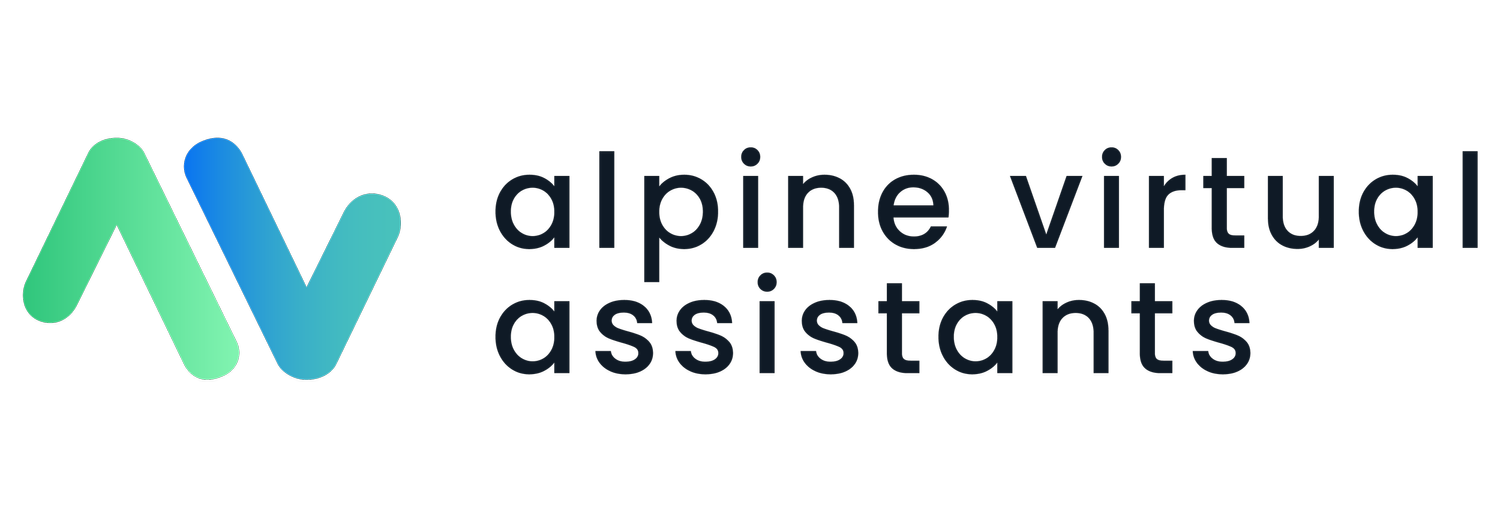Use a Virtual Assistant to Plan Virtual Events
The number one thing you need when planning virtual events is someone with great attention to detail skills. That’s why it makes a ton of sense to hire virtual assistants who specialize in virtual events. Not only that but a virtual assistant who’s run many virtual events already knows the hidden pitfalls and benefits of the different platforms and processes.
Breaking down virtual events into their different parts it is easy to see how you’d utilize a virtual assistant.
1. Planning and Organization
The pre-event planning portion might be the most important since it is at this point that all the platforms and processes are chosen. A virtual assistant who’s run 100 other virtual events will know exactly which things are perfect for your event. Things like:
Platform Selection: Research and recommend the best virtual event platform (e.g., Zoom, Microsoft Teams, Hopin) based on event needs and budget.
Scheduling: Coordinate dates and times, taking into account attendees' time zones.
Guest Management: Create and manage guest lists, send out invitations, track RSVPs, and follow up with non-responders.
Email Platform and Management: A VA can tell you if what you are using is ideal or if you need to chose a different service.
Budget Management: Help plan and track expenses, ensuring the event stays within budget.
Vendor Coordination: Liaise with external vendors for virtual services, such as event hosts, speakers, or tech support teams.
2. Marketing and Promotion
While some intranet virtual events have a specific audience, virtual events open to the public need a lot of marketing and promotion. Lead generation for an in-house virtual event for Deloitte, for example, would require different skills than a small business trying to reach their local community.
Social Media Campaigns: Design and schedule posts to promote the event on platforms like Facebook, Instagram, and LinkedIn.
Email Campaigns: Write and send newsletters, invitations, and reminders to participants.
Event Pages: Create and update event pages on platforms like Eventbrite or the company website.
Geotagging: Sometimes it’s good to know of a geo-fence makes sense in the marketing.
3. Content and Logistics Preparation
Our virtual assistants can both refresh existing content or create new content for the virtual event. And they can make sure to put in place the steps necessary to repurpose every virtual event for post-event replays, transcriptions and marketing.
Agenda Creation: Help draft and finalize the event's agenda, including speaker sessions, breakout rooms, or Q&A segments.
Material Preparation: Assist in designing digital assets such as event slides, virtual backgrounds, and promotional graphics.
Speaker Coordination: Communicate with speakers to confirm schedules, gather presentation materials, and rehearse technical setups.
Tech Run-Throughs: Organize rehearsals with key participants to ensure a smooth experience on the event day.
4. Event Day Support
It is important the day a virtual event takes place that a VA be there to troubleshoot, solve problems, answer questions, anticipate the unknown and prepare for the follow-up.
Technical Support: Monitor the platform during the event, troubleshoot tech issues, and ensure smooth transitions between sessions.
Host Assistance: Manage chat, Q&A sessions, and polls; moderate audience interactions.
Attendance Management: Track participants’ attendance and engagement during the event.
On-The-Fly Adjustments: Handle last-minute changes or technical difficulties as they arise.
5. Post-Event Activities
Sometimes the post-event activities are far more important than the day of. Often times getting 10 - 20% of an audience to show up for a live event means a great deal needs to be done to reach the remaining 80%. In addition, the reporting and analysis of virtual event impacts needs to be gathered while fresh.
Follow-Ups: Send thank-you emails to attendees and speakers, along with post-event surveys or additional resources.
Reporting and Analysis: Compile data on attendance, engagement metrics, and feedback to evaluate the event's success.
Content Sharing: Distribute recordings, presentation slides, or other materials to participants.
By delegating these tasks to a VA, event organizers can focus on strategic decisions and the bigger picture while ensuring all details are managed professionally.
We want to help you put together the best virtual event team you can. Please learn more about what we do and then reach out so we can talk further.

